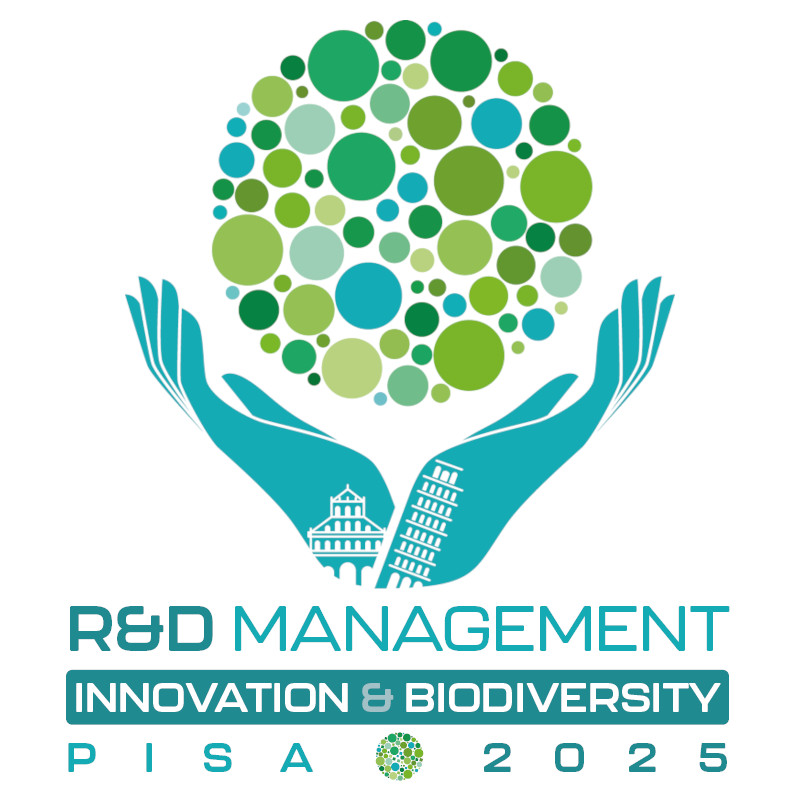While digital technologies like AI and big data enable innovation, they also present challenges, such as increased energy consumption and digital divides.
The aim is to understand how businesses can leverage digital tools for sustainable practices, balance innovation with sustainability, and navigate tensions in global value chains.
These issues are to be discussed in Track 2.4 of the 2025 R&D Management Conference. The track is chaired by Jie Hong from the University of Sheffield; her co-chairs are Silvia Massini from Alliance Manchester Business School and Dhruba Borah from University of Bristol.
The track explores how businesses can strategically manage the dual transition of digitalisation and sustainability to gain competitive advantages in the global market.
Topics of interest include integrating digitalisation and sustainability, addressing global regulatory requirements, and developing organisational capabilities to manage these transitions effectively.
Jie explains more about the focus of the track.



Why did you choose/nominate this subject for the theme of your track?
The subject of this track was chosen because the dual transition of digitalization and sustainability is one of the defining challenges of the 21st century.
As industries face simultaneous pressures to innovate through digital technologies and align with increasing sustainability demands, the need for strategic alignment in these areas has become both urgent and critical.
This theme is particularly timely given the growing regulatory requirements, such as the EU’s CSRD, and heightened expectations from stakeholders, including governments, consumers, and NGOs. It aligns closely with our current research interests, focusing on how businesses can manage these dual pressures to create sustainable competitive advantages, especially in global value chains.
Do you think regulation can drive innovation?
Regulation, such as the EU’s CSRD, can indeed drive innovation by setting clear benchmarks and creating incentives for companies to explore innovative solutions that meet compliance requirements while also creating value. Another notable example is China’s rapid development of the electric vehicle (EV) industry, driven by a combination of monetary and non-monetary policies and regulations. These policies and regulations have fostered a competitive ecosystem where firms innovate to meet both regulatory demands and market opportunities, positioning China as a global leader in EV technology and production.
How do you think that ‘biodiversity’ offers an opportunity for innovation?
Biodiversity provides fertile ground for innovation, particularly through nature-based solutions and biomimicry. For example, companies can develop new products or improve supply chain practices by learning from ecosystems that are inherently efficient and sustainable. Additionally, biodiversity-focused initiatives encourage cross-disciplinary collaboration, leading to innovative business models and strategies that balance ecological preservation with economic growth.
Are you aware of Industry 5.0 – does it have implications for your research interests?
Yes, we are aware of Industry 5.0, and its emphasis on human-centric, sustainable, and resilient development resonates strongly with the themes of this track. Industry 5.0 is very close to our research on skills needs, and the role of education programmes and curriculum development to equip the new generation of workers to contribute to the dual transition, without neglecting the always relevant soft skills.
This paradigm shift underscores the need for stakeholder collaboration and adaptive organizational capabilities, which are critical for navigating the dual transition of digitalization and sustainability. The concept of Industry 5.0 offers a valuable framework for exploring how businesses can align technological advancements with broader sustainability objectives
2.4 Innovation, Sustainability and Internationalisation: The Role of Digital Transformation in the Global World
As businesses navigate the grand challenges of the 21st century, the simultaneous pressures of digitalization and sustainability (or dual transition) are reshaping industries.
Companies are increasingly adopting digital technologies to drive innovation while addressing rising demands for addressing sustainability from external stakeholders, including governments and customers.
This dual transition presents both unprecedented opportunities and challenges. On one hand, digital technologies can facilitate sustainability by enabling smarter resource management, waste reduction and promoting circular economy. On the other hand, digitalisation can exacerbate environmental and social issues such as increased energy consumption and the risk of digital divides.
The track aims to explore how businesses can strategically manage this dual transition to create sustainable competitive advantages in the global context.

R&D Management Conference 2025:
Innovation & Biodiversity
Institute of Management of Scuola Superiore Sant’Anna, Pisa
30 June – 2 July 2025
Track chair: Jie Hong, University of Sheffield
Co-chairs:
Silvia Massini, Alliance Manchester Business School
Dhruba Borah, University of Bristol

